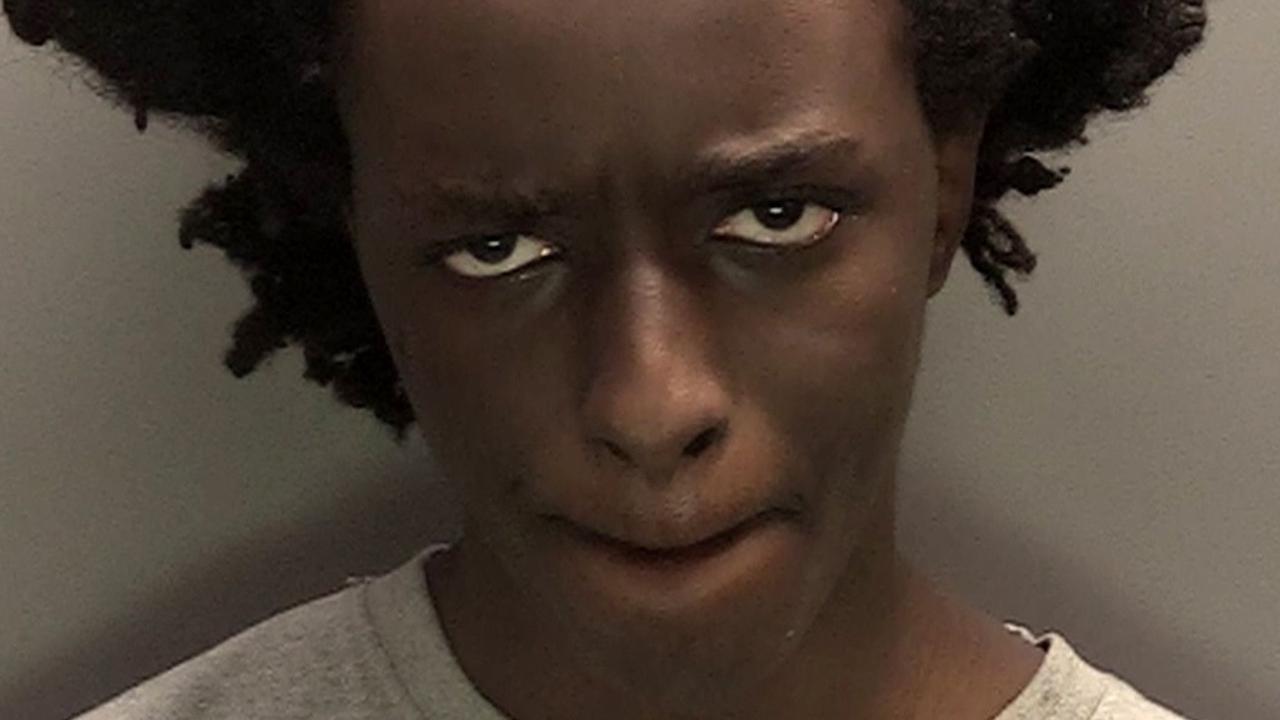Six killers who tried to fool us all with their crocodile tears
The tears flow, voices shake and hands grip tissues as they face the media, pleading for answers after a despicable crime. Killers often try to hide behind public displays of grief — but one distraught husband act proved particularly unconvincing.
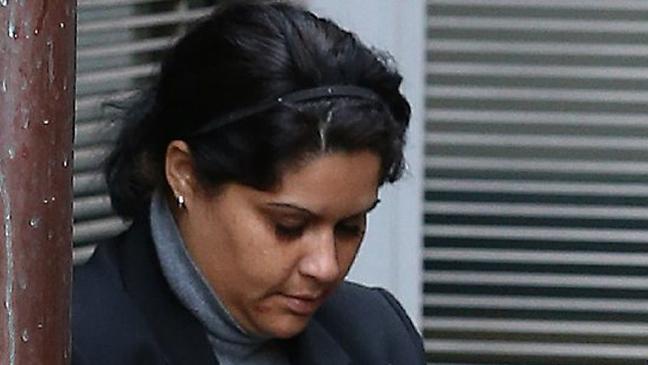
Crime in Focus
Don't miss out on the headlines from Crime in Focus. Followed categories will be added to My News.
They are the callous killers who try to fool the world with emotional appeals for information or declarations of love for a missing or dead loved one.
Whether turning on the waterworks or delivering supposedly heartfelt statements, they hope to persuade us of their horror at what has happened and hide their guilty secret.
Australia has had it’s fair share of killers shedding crocodile tears and putting on displays of heartbreak.
But not all the acts of grief are convincing.
FOLLOW: True Crime Australia on Facebook and Twitter
KEVIN MATTHEWS
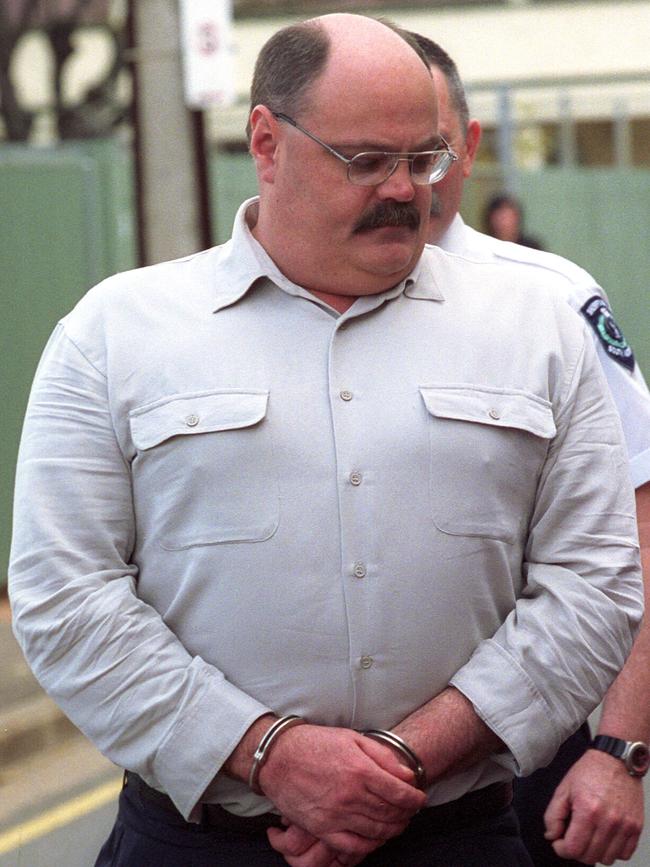
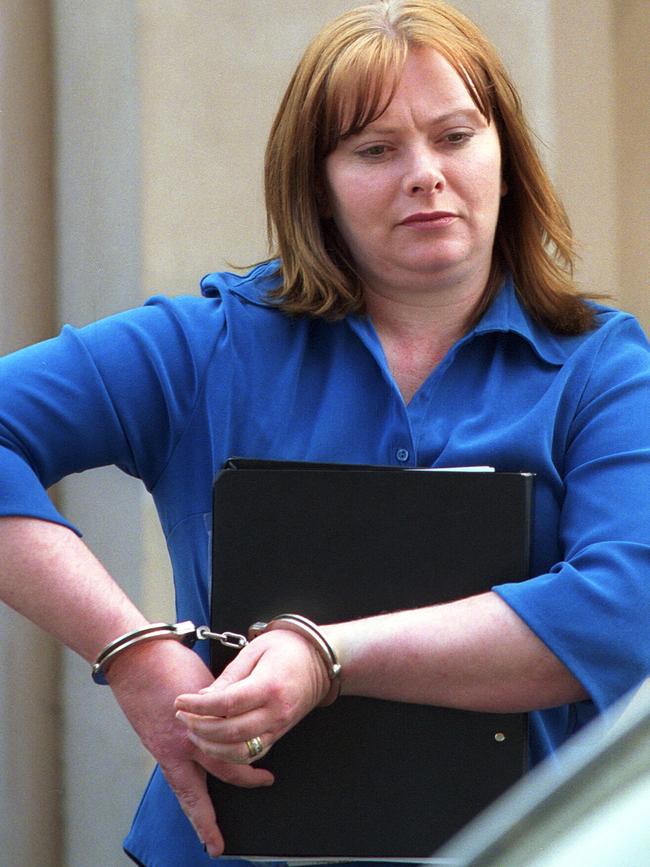
The death of suburban mum Carolyn Matthews in Adelaide in 2001 was undoubtedly shocking. The terrible and sordid truth behind her murder, perhaps more so.
Her husband Kevin and his lover Michelle Burgess hired David Keys — who would also end up sleeping with Burgess — to kill her.
A court heard Mrs Matthews tried to defend herself with a frying pan after she was confronted at her West Lakes home by Burgess and Keys.
She was stabbed multiple times as Burgess urged Keys on, telling him to prove he was a man.
Then after Burgess called Matthews to tell him “the job was done”, he returned home with his three sons — cruelly letting them make the terrible discovery.
Police arrested Burgess and Keys — who was caught with a contract to kill Burgess’ estranged husband in his wallet — but for a while Matthews remained a free man and protested his innocence.
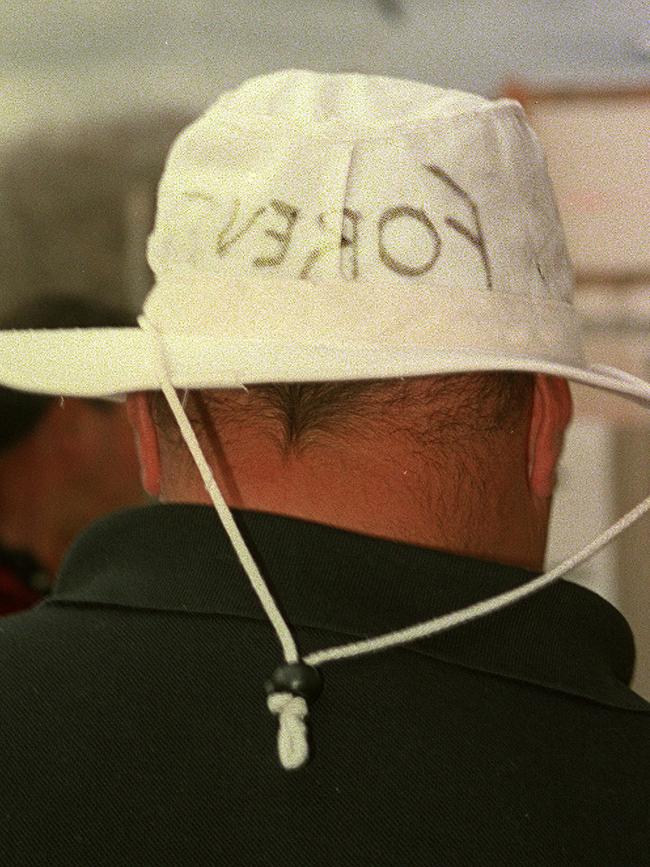
Yet, when Burgess made an early appearance in court, Matthews sat in the front row of the public gallery holding a cricket hat with the word “Forever” on it in full view of his secret lover.
That night he spoke to a TV reporter, claiming he was haunted by what happened to his wife and insisting: “I didn’t kill Carolyn and my boys didn’t kill Carolyn and I believe that nobody I know killed Carolyn.”
Journalist Jessica Adamson was far from convinced.
“The thing that struck me the most about the interview was that when I asked him about what Carolyn was like as a person and whether he missed her, he tried to look like he cared, but he didn’t have any tears,” she told Derek Pedley for his book on the killing, Dead by Friday.
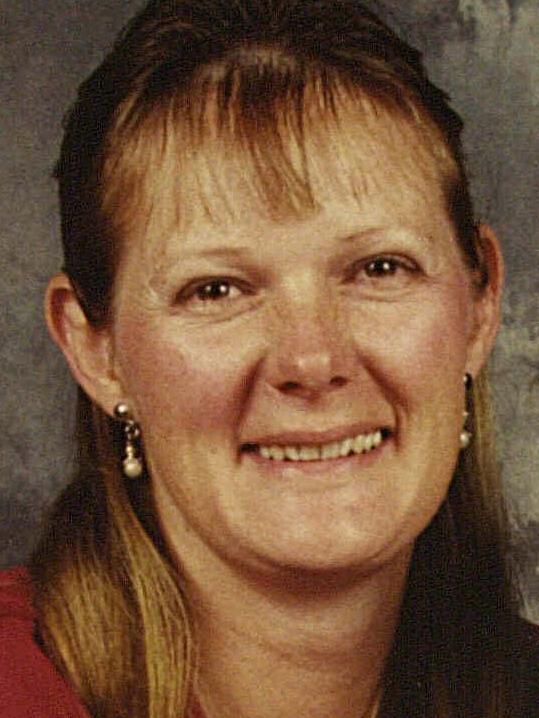
“He was trying to pretend to cry, but no tears came out. It really hit home that this was a man who knew a lot more than he was letting on … that he was calculating.”
Later when charged and detained awaiting trial, Matthews was still trying to maintain the image of an innocent and bereaved man, bemoaning the fact that he wasn’t allowed out of the Adelaide Remand Centre to visit his wife’s ashes plot in a letter to The Advertiser.
“I feel like throwing my hands in the air and screaming with frustration at my treatment,’’ he wrote. “All I want to do is help myself in the grieving process by saying goodbye to my wife and seeing her plot — all I ask for is 15 minutes.”
In April 2004, Matthews and Burgess were jailed for life with a non-parole period of 30 years, with Justice Margaret Nyland saying neither had shown any remorse for the “premeditated, heartless and brutal” killing of a decent, hard-working woman and loving mother.
Key, who was the star witness against them and had pleaded guilty, was jailed with a 20-year non-parole period.
More from True Crime Australia: Black Widow’s deadly dinner date
Cold case: Mystery seven minutes key to underworld killing
MARK GALANTE
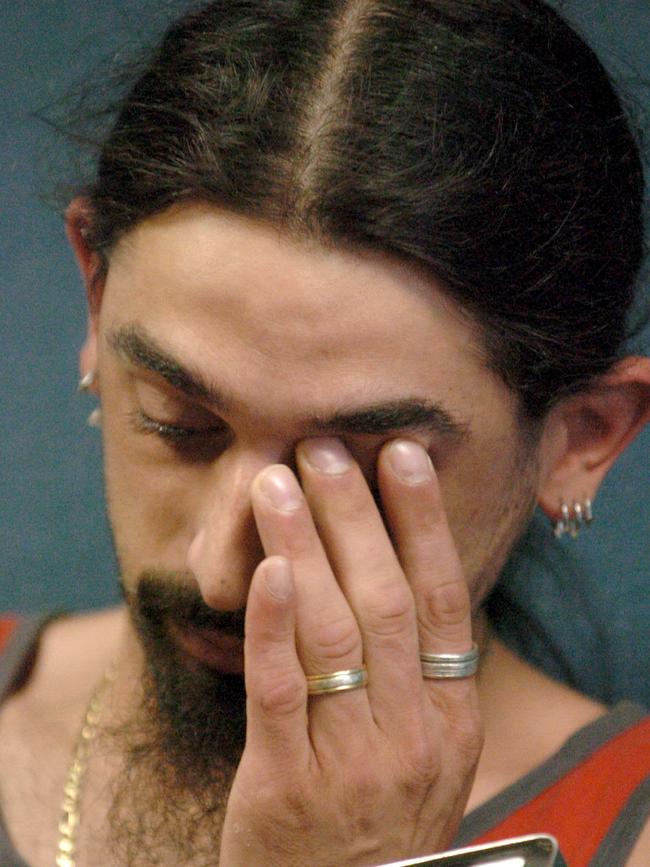
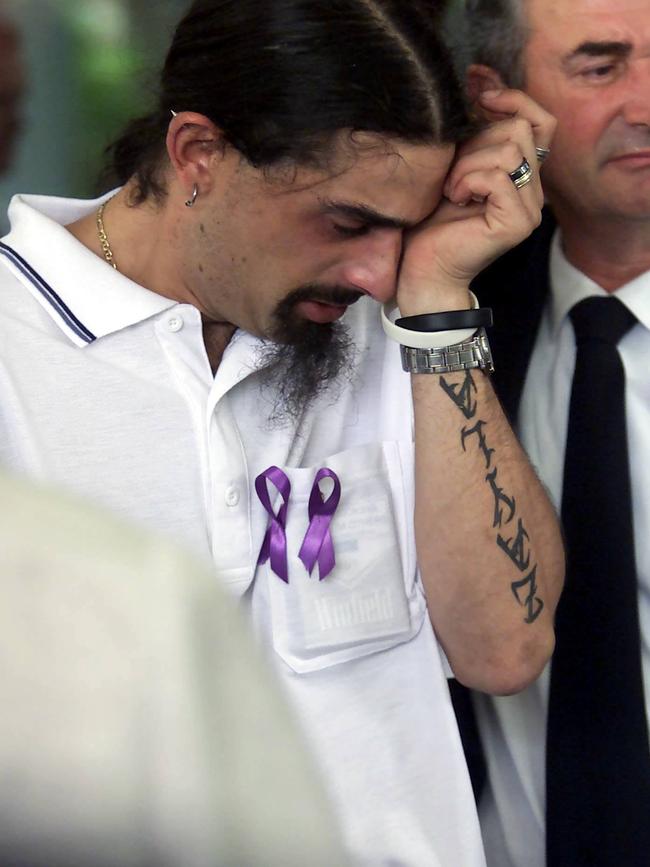
Matthews may have struggled to tear up for the cameras, but Mark Galante delivered a masterclass in insincere sorrow.
He was crying profusely as he appealed for information about his missing wife.
He broke down repeatedly again as he talked about her after her body was found.
And her funeral brought more dramatic displays of his distress and a statement declaring his love.
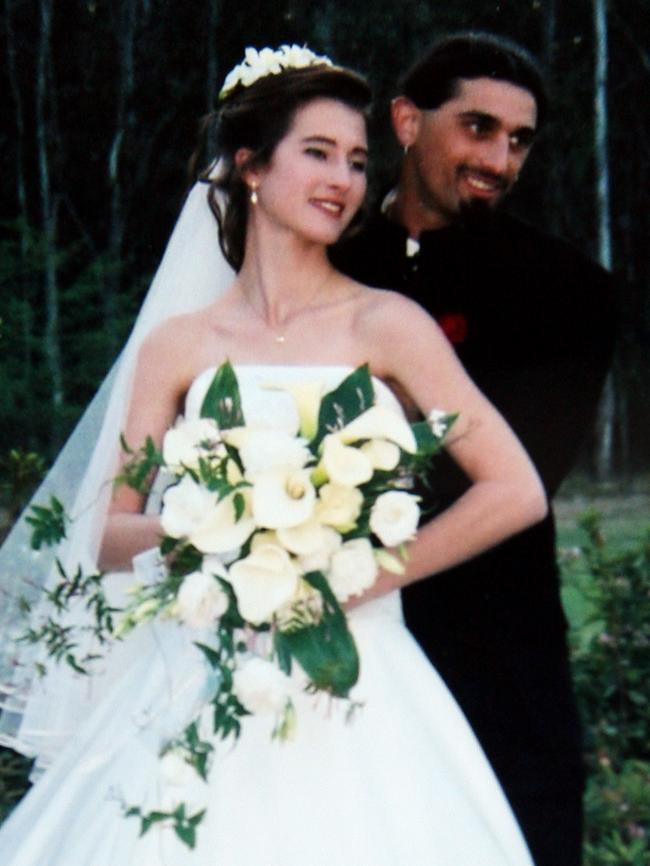
“I will always love you for what you are and what you’ve done for me,” he wrote. “You are my heart and soul. Nothing can destroy what I feel for you.’’
Within a matter of weeks he was in court charged with murder.
Jody Galante was 26 and three months pregnant with her second child when she was shot in the head and her body dumped at Bilpin in the Blue Mountains, west of Sydney.
Husband Mark changed his plea to guilty on the eve of his February 2008 murder trial. He claimed his wife planned to leave him, taking their young child with her.
The horrible truth was that he had killed his wife in a “cold-blooded execution” in front of the youngster.
The child later told Mrs Galante’s sister, Tina Good: “Daddy made a loud bang and mummy went flop.”
Ms Good detailed the child’s comments as part of a victim impact statement at Galante’s sentencing hearing.
Jody’s mother, Julie Hand, told the court she always suspected her son-in-law and revealed the pain of holding his hand and seeing his tears at her daughter’s funeral.
“We were sure he was the one, and I had to see him, support him, talk to him and watch him as he squeezed out crocodile tears as he feigned love for my Jody,” she said.
“Can you imagine for one tiny moment how you would feel, how you would feel to hold a killer’s hand, support (his lies) and subterfuge as you walked your daughter to her final resting place?”
Galante was jailed for 27 years with a non-parole period of 20 years.
KRISTI ABRAHAMS
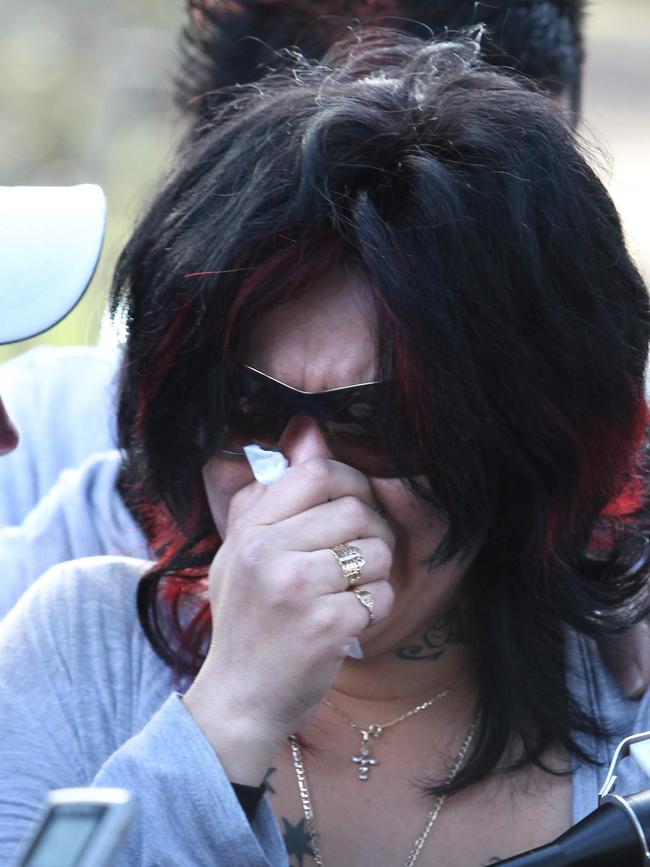
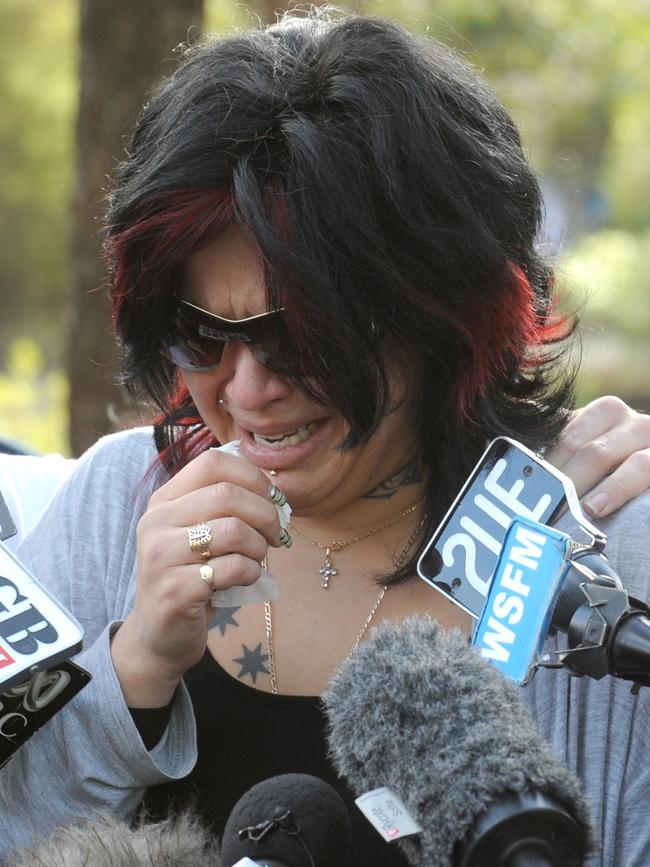
Kristi Abrahams was inconsolable, barely able to talk through her tears as she appealed for information after the disappearance of her “beautiful” daughter.
“If anyone has seen her, can they please contact the police,” was all she could manage as she faced the media with her father and daughter Kiesha’s stepfather.
Abrahams had told police that she had put her daughter to bed at their Mount Druitt home on a Saturday night, but the next day the bed was empty and the front door ajar.
Six weeks after the 2010 disappearance, the local community held a candlelight vigil for the six-year-old, where a letter from her mother was read out.
“We would like to say thank you for all the gifts of hope and love for our beautiful little girl Kiesha,” she wrote. “We will not give up until our little angel is back with us.”
Nine months after the youngster went missing, Abrahams, then 28, and her partner Robert Smith, 31, were charged with murder.
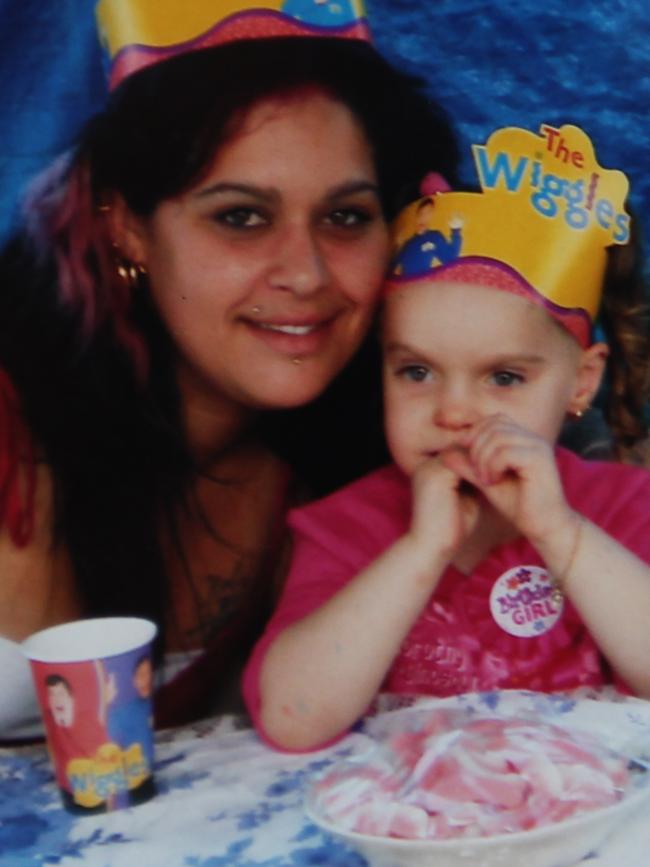
They were arrested after visiting her lonely bush grave in the dark on what would have been her seventh birthday, unaware that police were watching their every move.
Charges against Smith were later downgraded as he admitted manslaughter and being an accessory in covering up the murder. He was jailed for 12 years.
Abrahams pleaded guilty on the first day of her murder trail in 2013, receiving a maximum sentence of 22 years and six months.
Angry scenes: Kristi Abrahams told to ‘rot in hell’ at sentencing
A post-mortem examination found Keisha had suffered severe abuse in the weeks and months before her death, and Justice Ian Harrison said she most likely died in an “impulsive and uncontrolled act of violence”.
He accepted that Abrahams, who has an intellectual disability, didn’t mean to kill Kiesha when she gave her “no more than two blows” to the head.
“As anyone knows, the burdensome responsibilities of parenthood are not bestowed only on those who are capable of meeting them,” he said. “Abrahams was patently ill equipped for the role and probably equally unable to recognise it.”
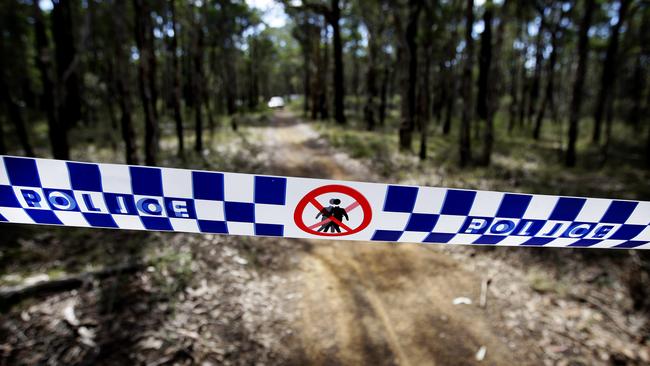
At the end of the trial the homicide squad’s Inspector Russell Oxford urged: “If there is nothing else that you take out of this, go home and hug your kids — cherish your kids.
“Little children in their lives, all they want to do is to be loved and grow up and make their mark in this world.
“Unfortunately Kiesha’s mark is the fact of her death and that’s the way that she will be remembered.
“Three years ago today a little girl called Kiesha Weippeart lay dead in a suitcase and she was taken out in the cover of darkness and put into a shallow grave and burnt. They’re the lasting impressions that we get out of this.”
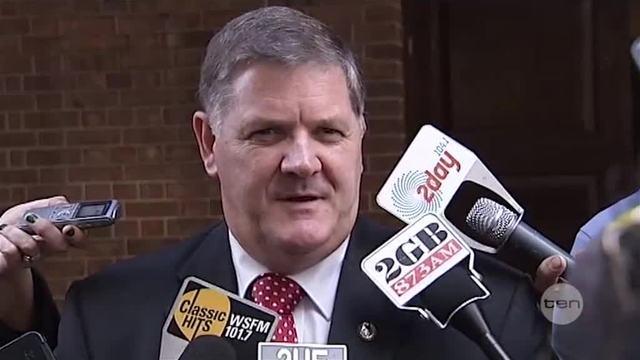
JOHN SHARPE
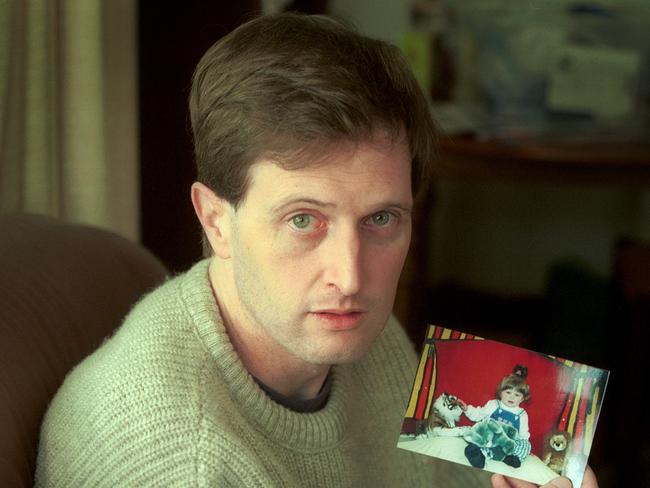
John Sharpe was adamant his wife and daughter were alive despite police saying they feared foul play.
The alarm was raised in 2004 because Anna Marie Kemp, who was five months pregnant, had not been making her usual weekly calls to her own mum.
Sharpe insisted she had left him, taking 20-month-old Gracie with her, but he couldn’t say where they were.
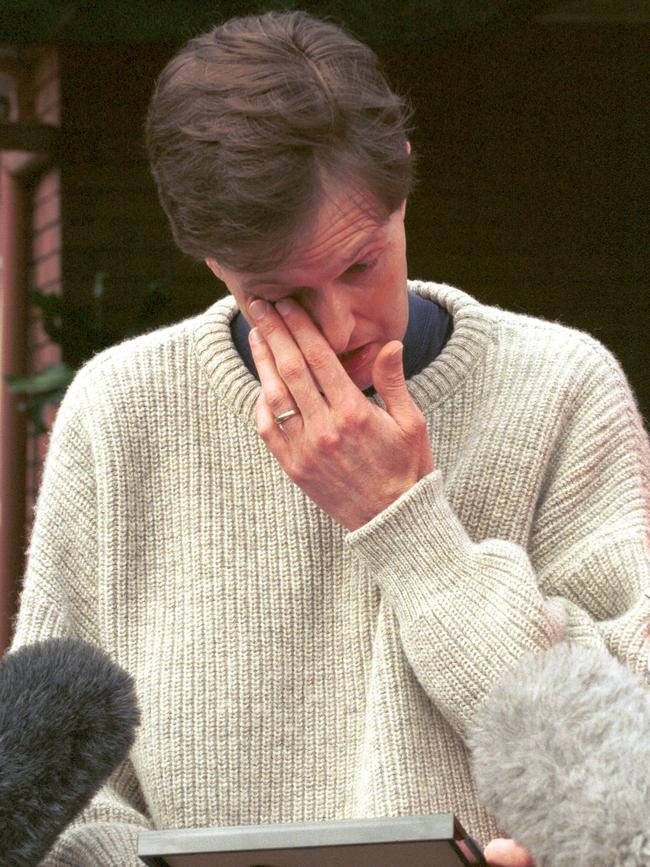
He was emotional as he told the media: “I just want to appeal for anyone who knows where she is to contact police or family. All her family are in New Zealand.
“I’m just worried about my daughter. She’s just a beautiful little girl. I just want to see my daughter.’’
In another interview, he was seen trembling and rubbing his wedding ring as he said the suggestion he was indifferent to his family’s plight “makes me sick”.
“The things you do as a husband and a father and the effort you put in … (then) getting painted that you don’t care about your daughter and marriage … it’s soul-destroying,’’ he said.
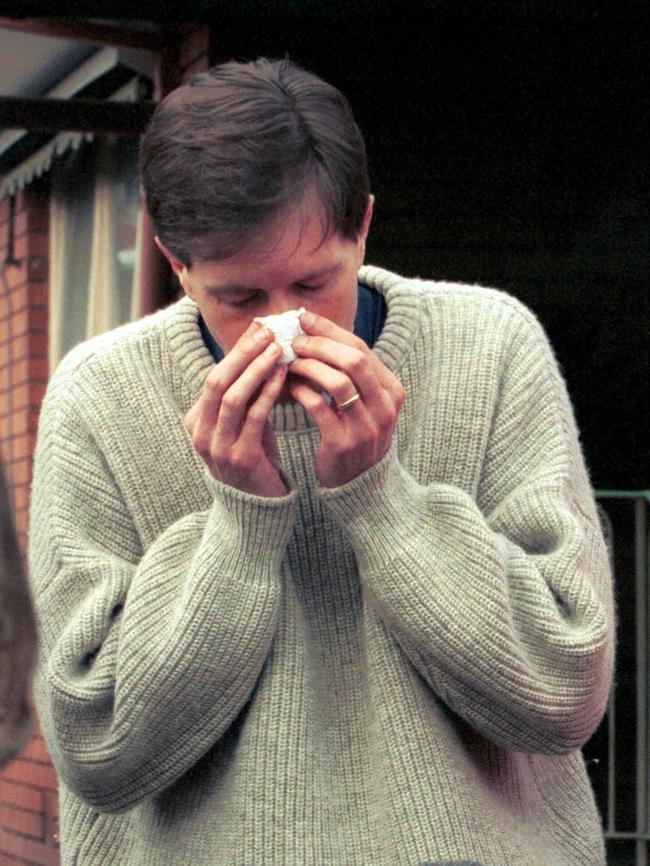
Then he appealed directly to his 41-year-old wife to come forward. “Anna, our marriage may be over but I still love you and you are the mother of our beautiful daughter Gracie, whom we both adore more than anyone else,” he said.
Of course he knew Anna and Gracie were long dead.
How they died is shocking.
Mornington murders: A real madness washed over me, says killer
Ms Kemp was shot twice in the head with a speargun as she slept at their home in Mornington, south of Melbourne.
Sharpe initially buried her in the garden. Then after killing Gracie with the speargun four days after her mother, he used a chainsaw to cut up Ms Kemp’s body and dumped both her and the child’s remains in waste collection bins at Mornington Transfer Station.
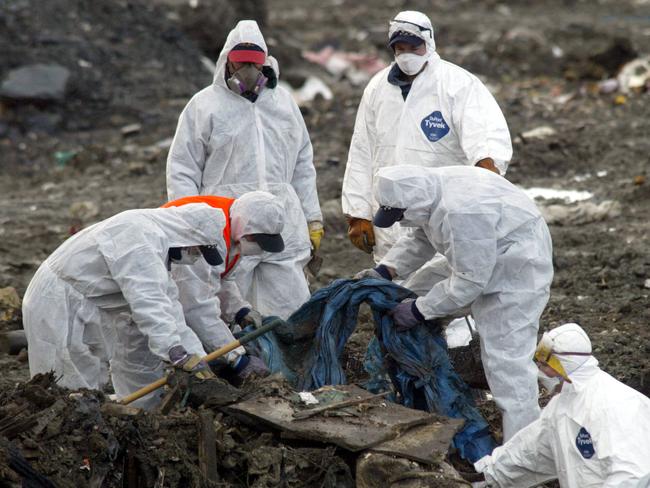
The truth finally came out three months after the killings, with Sharpe making “full and frank admissions” to police, who exposed the “false trail” he had laid to give the impression his wife and daughter were still alive.
The next time Sharpe was seen in tears was at his sentencing hearing, where he received two life sentences with a non-parole period of 33 years.
SEF GONZALES
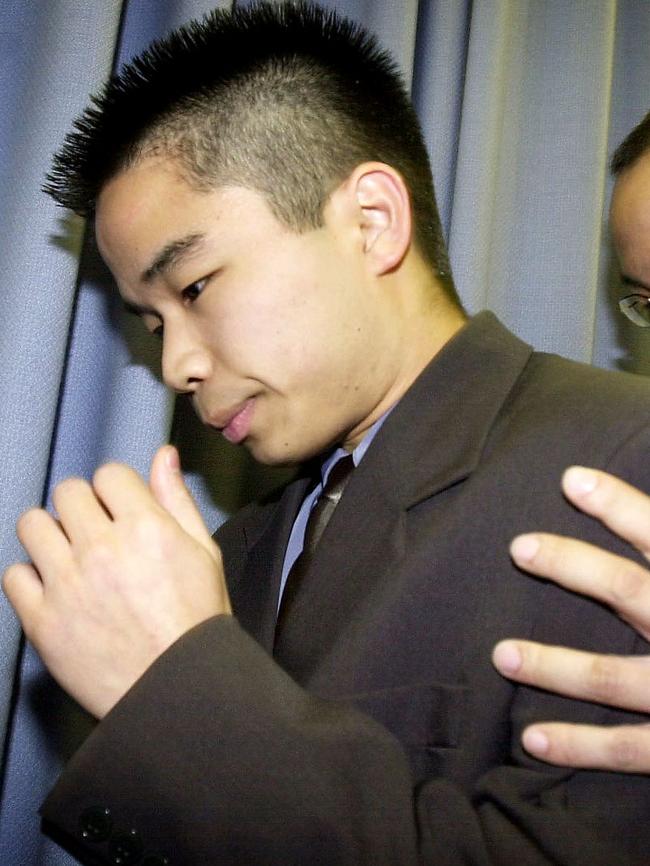
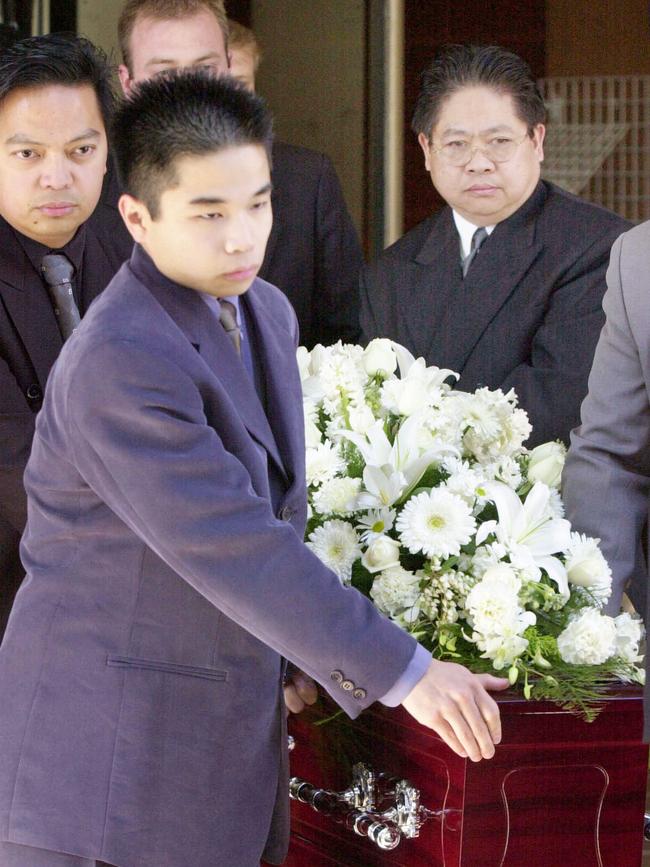
“The best way I could possibly describe my father is that he was my hero and role model,” Sef Gonzales, 20, told the press conference called by police after his family was slain.
“My mother was the heart of my family. She was the heart of her friends and anyone who knew her.
“My sister was the life in the family. She was an expert in smiling and made us all believe that life should be taken lightly.
“It is difficult to explain the love and ties in my family but if you were to picture the four corners of the world, in my world we were the four.”
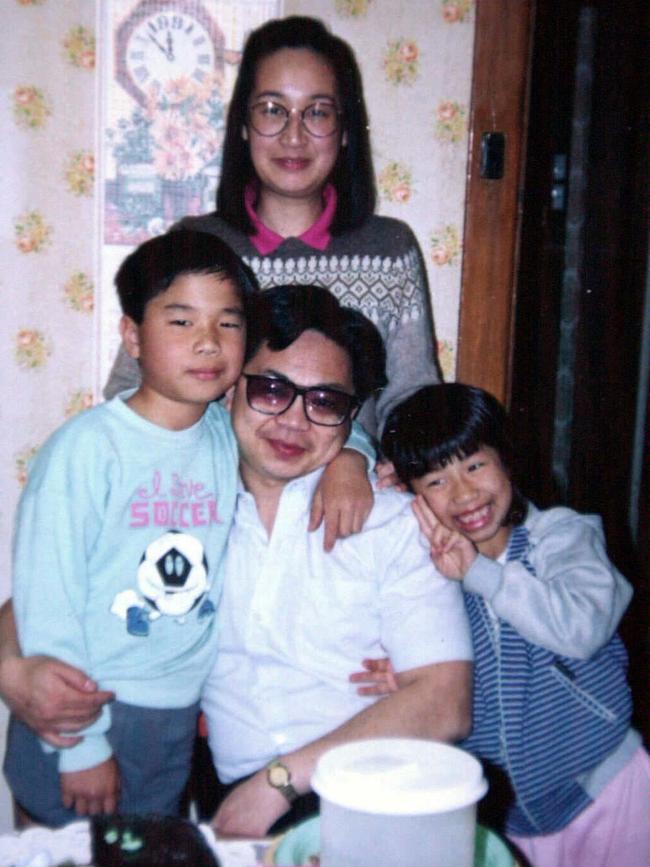
It was July 2001, and the young man was described as “shaking and swallowing hard” as he talked about the mum, dad and sister he claimed to have found stabbed to death after returning to their home in Sydney’s North Ryde.
At the funeral, mourners were moved to tears as Gonzales performed an a capella rendition of Mariah Carey’s One Sweet Day.
“Sorry I never told you all I wanted to say, and now it’s too late to hold you because you’ve flown away, so far away,’’ he sang.
Almost a year later, Gonzales had been repeatedly interviewed by detectives from Strike Force Tawas and was unable to access funds from the family estate, which were frozen while the investigation was ongoing.
“It’s worse than being put behind bars — it almost like I’m already being treated like a criminal,” he told the Daily Telegraph.
“I’ve been told nine out 10 of these cases (family slayings) involve either a family member or someone who knows the family and, just on those statistics alone, people like myself go through that speculation.
“The unfair thing is that they forget about the one out of 10 who is innocent.’’
He was charged just a couple of weeks later.
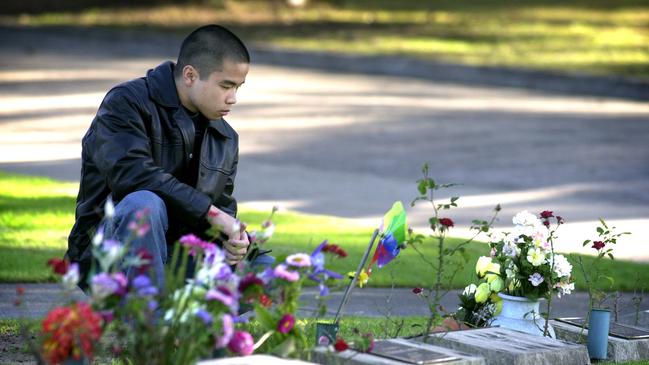
Painted in court as a manipulative liar, Gonzales was found guilty of killing his family one by one over a three-hour period — first his 18-year-old sister Clodine and then his mother Mary Loiva and father Teddy as they arrived home separately.
The jury was told Gonzales believed his family would disown him over poor uni grades and a girlfriend they did not approve of, but the case was also about money — a family estate worth $1.5 million.
He was sentenced to life for each murder after responding to the victim impact statements of other family members by saying his suffering was worst than theirs.
“If you don’t think I am feeling any pain, you are wrong,’’ he said in court. “I want you to know that whatever pain you are feeling, I am feeling it worse than you.’’
MATTHEW WALES
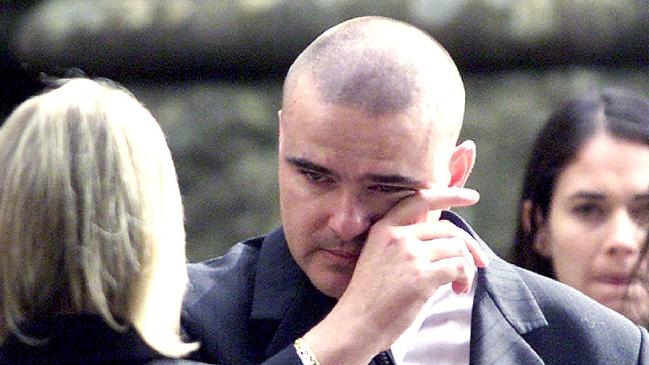
Matthew Wales and his Spanish-born wife Maritza were the last known people to see his missing mother and stepfather alive.
Matthew, the youngest of five siblings, said the millionaire couple had driven off in their silver Mercedes after a pleasant family dinner at his home in April 2002.
Matthew stuck to the story when the bodies of Margaret Wales-King, 68, and her husband Paul King, 70, were found in a shallow bushland grave near Marysville by park rangers four weeks later.
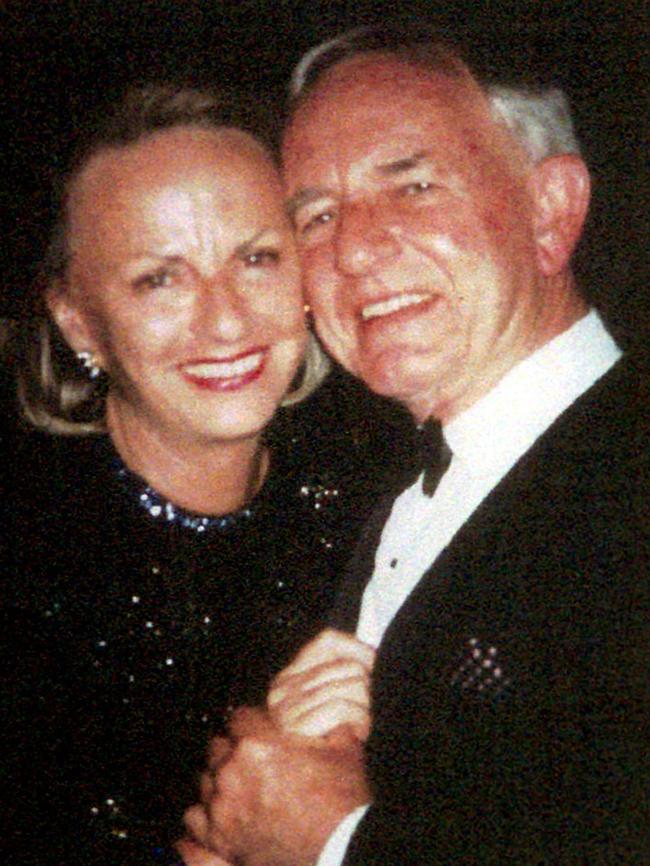
There was no mention of how he’d served his mother and stepfather a drug-laced dinner of soup and risotto before bashing them to death with a plank of wood in his front yard while his wife was upstairs tending to their child.
But rumours were swirling around Melbourne, police had dug in his backyard and forensically tested his car and he was beginning to feel the strain.
In early May, he spoke through an intercom at his house only to say he was “not too good at the moment’’
“I’m too emotional about this whole situation (to speak),” he said.
Around the same time, he and his wife tried to get back to some normalcy, reopening their clothing boutique in upmarket Armadale.
“It’s difficult, okay, but under the circumstances, the police are doing their job and I hope they’re doing it properly,” he said.
“It’s important for them to follow all the angles they can.’’
More news emerged of his wife being quizzed by police and a trailer he’d hired being seized for DNA testing.
But for the family, it was time to farewell the mother of five and her partner.
Matthew wiped tears from both cheeks after embracing his brother at the funeral service in Toorak. He broke down again after sprinkling holy water on his mother’s coffin.
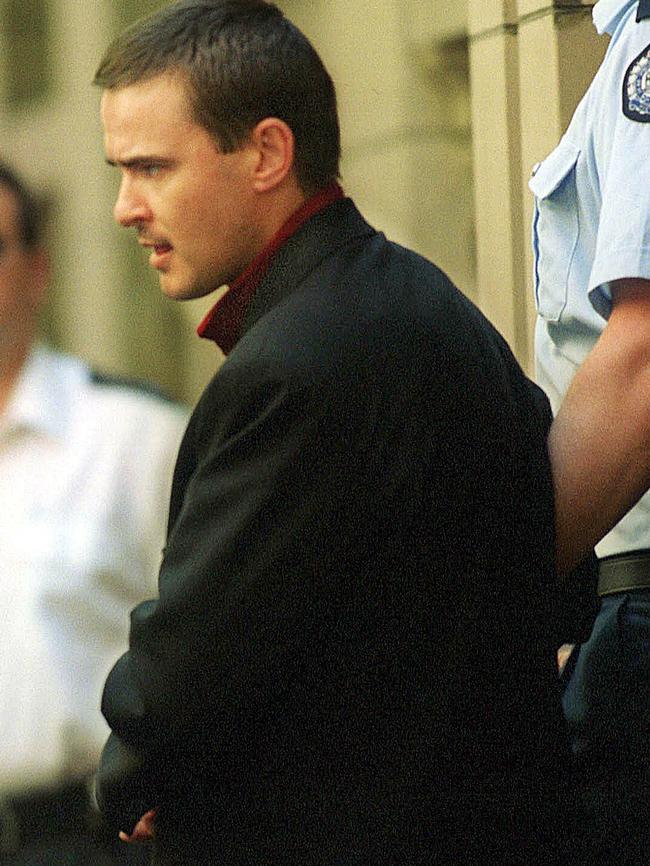
“Justice will be done,’’ his brother Damian Wales promised in his eulogy.
Charges were laid two days later after Matthew made “full admissions’’ to homicide detectives.
He pleaded guilty to the so-called society murders in October 2002 and details of his police interview were released.
“It was common knowledge to me that if I struck them on the back of the neck that it would be quick,” he said. “My head was going bananas and I just kept on hitting. I just kept on hitting.
“I couldn’t believe what I had done. I think I was walking around in circles for a while. And I felt like a mad dog.”
He claimed his mother had alienated him from his family and there was “so much animosity and hurt between my mother and myself”.
“Money is not the motive here,’’ he said. “Everybody will probably think this is about money … and it is about money. It’s the way she used her … her power for money. She used it against us all the time.”
Justice John Coldrey sentenced Wales to 30 years jail with a minimum term of 24 years.
His wife Maritza received a two-year suspended sentence after pleading guilty to perverting the course of justice by making a false statement to police, with the judge accepting she had no role in the killings.

